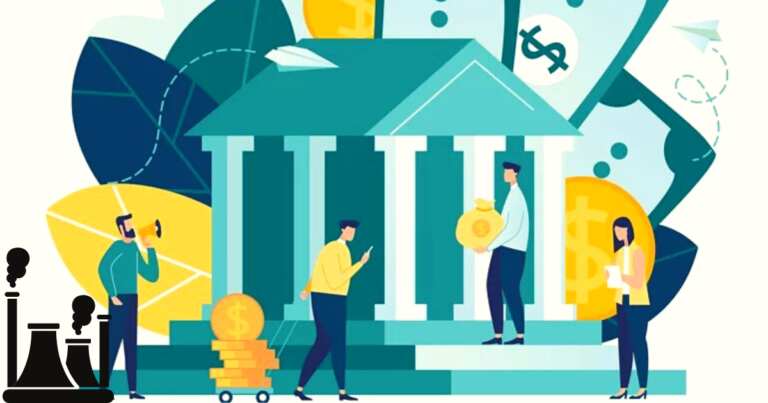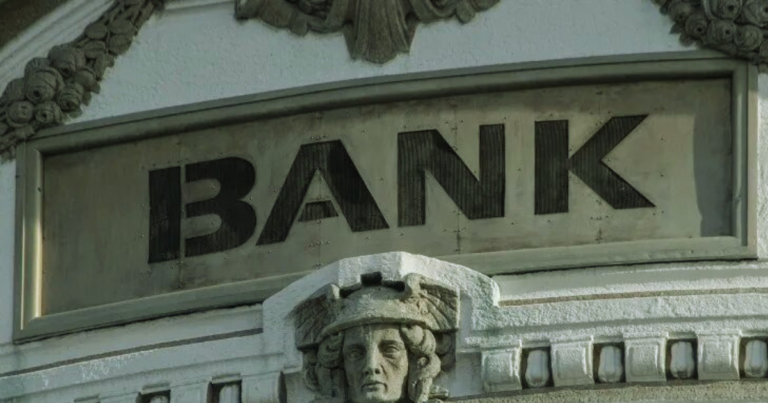The Importance of Building an Emergency Fund and How to Start
Emergencies are unpredictable and can often put individuals in financial jeopardy. However, with proper planning and foresight, creating an emergency fund can be a crucial lifeline. An emergency fund is a reserve of money set aside to cover unexpected expenses or financial disruptions. Its significance cannot be overstated, as it acts as a safety net, offering stability during turbulent times.
Understanding the Significance of Emergency Funds
An emergency fund, commonly stored in a savings account, serves to cover unforeseen costs such as home repairs, major car issues, job loss, and medical expenses. The general recommendation is to save an amount equivalent to three to six months’ worth of expenses, encompassing bills, groceries, gas, and other essential needs.

If you haven’t begun saving for unexpected situations, starting small and being consistent with setting aside funds is a practical approach. Let’s delve into some strategies for initiating or re-establishing your emergency fund.
Emergency funds play a crucial role in managing unexpected financial challenges. Let’s delve into a few examples to illustrate the significance of having an emergency fund.
1: Sudden Job Loss
Imagine you unexpectedly lose your job. Without warning, your primary source of income disappears. This situation can create substantial financial stress. An emergency fund could act as a buffer, covering your essential expenses like rent or mortgage payments, groceries, and utilities while you search for a new job. With an emergency fund in place, you can focus on finding a suitable position rather than worrying about immediate financial obligations.
2: Medical Emergency
Suppose you or a family member encounters an unforeseen medical issue that requires urgent attention. Even with health insurance, there might be deductibles, co-pays, or treatments not entirely covered. An emergency fund ensures that you can cover medical expenses without having to accumulate high-interest debt or compromise on necessary healthcare due to financial constraints.
3: Car Repairs or Home Maintenance
Your car breaks down unexpectedly, or your home needs urgent repairs. Both scenarios can strain your finances. An emergency fund could cover these unforeseen costs, allowing you to repair the car or fix your home without resorting to loans or credit cards, thus preventing additional interest expenses.
4: Unforeseen Travel Expenses
Sometimes, unexpected circumstances require immediate travel, such as a family emergency or an unplanned trip. Having an emergency fund means you can cover last-minute travel expenses without worrying about financial strain or seeking external financial assistance.
5: Unforeseen Expenses for Freelancers or Self-Employed Individuals
For freelancers or those who are self-employed, irregular income streams can present financial challenges. An emergency fund is crucial to bridge financial gaps during slower business periods or cover unforeseen business expenses, ensuring financial stability during lean months.
In each of these scenarios, having an emergency fund provides financial security and peace of mind. It allows individuals to navigate through unforeseen events without jeopardizing their overall financial stability or resorting to high-interest loans or credit cards, thereby reducing stress and fostering a sense of preparedness.
Benefits of Building an Emergency Fund
Having an emergency fund provides a myriad of benefits. It offers a sense of financial security, shielding individuals from the need to resort to borrowing in times of crisis, thereby avoiding the accumulation of debt. This financial safety net allows for more strategic planning and peace of mind.
- Security: Provides a safety net for unexpected expenses.
- Stress Reduction: Minimizes anxiety during financial crises.
- Debt Prevention: Helps avoid borrowing during emergencies.
- Flexibility: Maintains financial stability without disrupting long-term plans.
- Investment Protection: Preserves long-term investments during crises.
Determining the Right Emergency Fund Size
Determining the appropriate size for an emergency fund involves considering various factors like monthly expenses, job stability, and potential unforeseen costs. Establishing a suitable savings target is essential for creating a strong financial foundation.
How to Start Building an Emergency Fund
Commencing the journey of building an emergency fund involves setting realistic savings goals and employing effective strategies for regular savings. Small, consistent efforts go a long way in creating a safety net.
Where to Keep Your Emergency Fund
Choosing the right account for your emergency fund is crucial. While accessibility is essential, growth opportunities should also be considered. Options such as high-yield savings accounts or money market accounts can be ideal choices.
Maintaining and Growing Your Emergency Fund
Regularly reviewing and adjusting the fund size as circumstances change is crucial. Any surplus funds beyond the emergency amount can be wisely invested for potential growth, ensuring that the fund keeps pace with inflation.
Dealing with Unexpected Expenses: Emergency Fund Utilization
Guidelines on using the emergency fund should be clear. While the fund is for unforeseen situations, it’s essential to strategize its use and replenishment for sustainability.
Overcoming Challenges in Establishing an Emergency Fund
Creating an emergency fund might present challenges. Overcoming these hurdles requires determination, perseverance, and a commitment to financial well-being. It’s important to stay motivated and focused on the end goal.
The Psychological Impact of an Emergency Fund
The presence of an emergency fund significantly reduces stress and enhances financial confidence. It brings a feeling of empowerment and security, positively impacting mental well-being.
Impact of Emergency Funds on Long-Term Financial Health
An emergency fund plays a crucial role in overall financial planning, ensuring stability and mitigating risks. It becomes an integral part of a comprehensive financial strategy.
Educating Others about the Importance of Emergency Funds
Sharing personal experiences and the benefits of having an emergency fund is crucial for encouraging others to establish their own financial safety nets. It’s about inspiring and advocating for financial preparedness.
Success Stories and Testimonials: Real-Life Examples
Real-life narratives about how emergency funds have helped individuals overcome crises provide practical examples of the fund’s value, inspiring others to do the same.
Common Misconceptions and Myths about Emergency Funds
Addressing misunderstandings and clarifying concepts is essential in dispelling myths surrounding emergency funds, ensuring people understand their importance and use.
Strategies for Managing Emergencies without an Emergency Fund
While it’s ideal to have an emergency fund, temporary solutions for unforeseen situations can be implemented. However, the importance of transitioning to having a fund remains crucial for long-term financial stability.
Conclusion: Recap of the Key Points and Final Thoughts
In conclusion, an emergency fund is a vital component of financial security. Its significance lies in providing stability, reducing stress, and offering a safety net during unexpected crises. Starting and maintaining an emergency fund requires commitment, but the benefits far outweigh the effort.
FAQs
- What amount should I aim for in an emergency fund?
- The recommended size is typically 3 to 6 months’ worth of living expenses.
- Can I use my emergency fund for non-financial emergencies?
- It’s recommended to reserve the fund for genuine financial crises to ensure its availability when truly needed.







